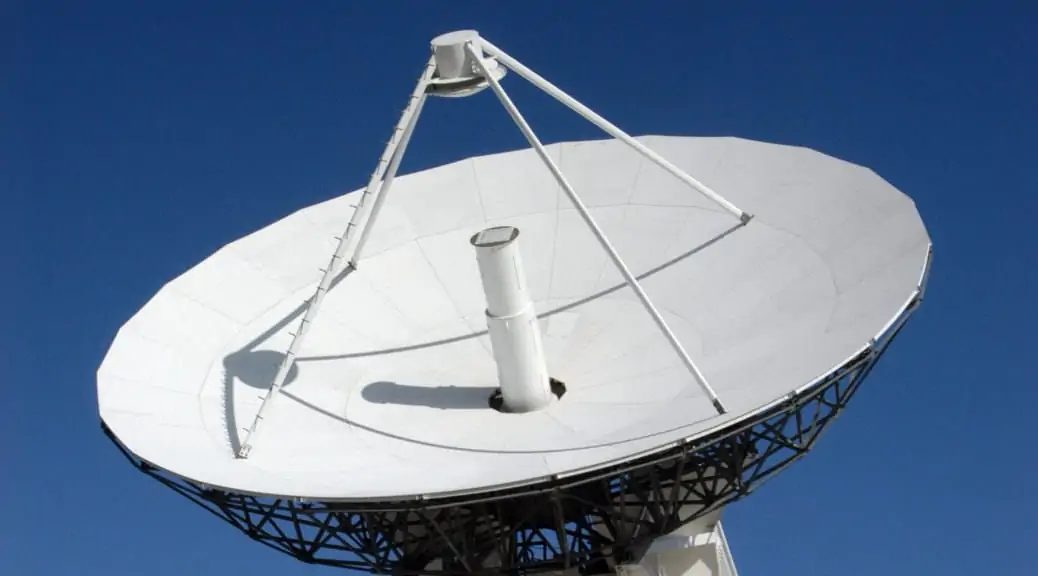Each week our scan collects weak – and less weak – signals… Read the 16 April scan → World – Two major developments should more particularly be underlined this week, the first related to world order and further threat to the U.S. Dollar supremacy and the second to the potential forthcoming anti-Bashar al-Assad Saudi-Turkish attacks in Syria. First, there is the impact of the lower oil prices on petrodollars, with potential second order effects on the supremacy of the U.S. dollars as international currency, and then again potential consequences on American power and world order. As underlined in Bloomberg’s article (see “Oil-Rich Nations Are Selling Off Their Petrodollar Assets at Record Pace” in the Weekly), currently analysts are divided in two schools of …
Continue reading “The Red (Team) Analysis Weekly 199 – Of Saudi Arabia, Turkey and Petrodollars”










